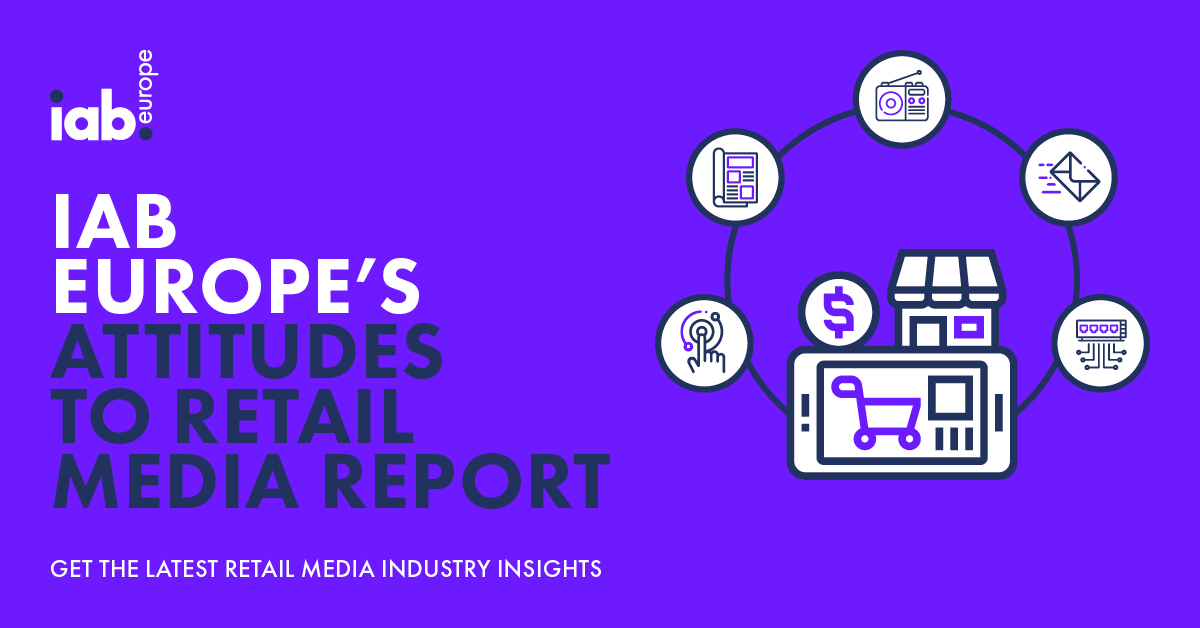More than half (52%) of UK firms still experience frustration with online B2B buying and, as a consequence, a similar number (53%) have switched supplier for all of their purchases in the last 12 months.
According to Wunderman Thompson Commerce’s B2B Future Shopper Report 2021, three-fifths (61%) of the 600 B2B buyers in China, the US and UK surveyed are frustrated with the lack of functionality on supplier sites, while 60% claim the load speed of B2B sites is too slow.
With 90% of buyers expecting a similar shopping experience on a B2B site as they do on a B2C site, suppliers are falling behind when it comes to effectively evolving their offering in line with demand.
What’s more, although speed and convenience have become the touchstones of online shopping over the last year, 41% of B2B buyers claim that issues with the speed of delivery stops them completing a purchase. And almost two-fifths (38%) rank the level of service as one of their top KPIs – far and above a low price point, which placed tenth in the list overall.
But it’s not just about online. Increasingly, we see a wider range of omni-channel source used by B2B buyers across the stages of the purchase process. Not getting this omni-channel strategy right will leave a vacuum for digitally savvy businesses to take advantage
Hugh Fletcher, Global Head of Consultancy and Innovation at Wunderman Thompson Commerce, explains:“What’s clear is that digital capabilities in the B2B sector, have not kept pace with the demands of B2B buyers. As the hangover of the coronavirus pandemic continues to impact businesses, and Brexit red tape plagues supply chains, cost savings are less of a driving force for B2B buyers than they once were and have been usurped by customer satisfaction. Buyers want a digitally capable supplier, who offers them the ability to dip in and out of the digital and physical channels at will. Businesses not capable of delivering this omni-channel shopping experience not only risk frustrating their customer but losing them altogether.”
He adds: “Suppliers need to take stock and fast-track the digital transformation of their offering before the gap between online demand and fulfilment widens and customers rightly look elsewhere.”
And yet the demand for B2B online purchasing ultimately remains; with half (49%) of B2B purchases currently being made online – regardless of technical issues – and almost all (93%) of the buyers surveyed expect to retain at least some of the changes in their purchasing behaviour triggered by the pandemic.
B2B buyers aren’t averse to innovation either: more than three-quarters (78%) of buyers want a better mobile experience from their supplier, and one in five (20%) say they would like to use augmented reality (AR) functionality in the B2B buying process.
With nearly half (46%) citing the ability to customise products as a top reason to buy online – compared to just 17% who stated price – there’s no question that there’s a gap in the market for a supplier site that operates like a consumer one in the “new normal.









